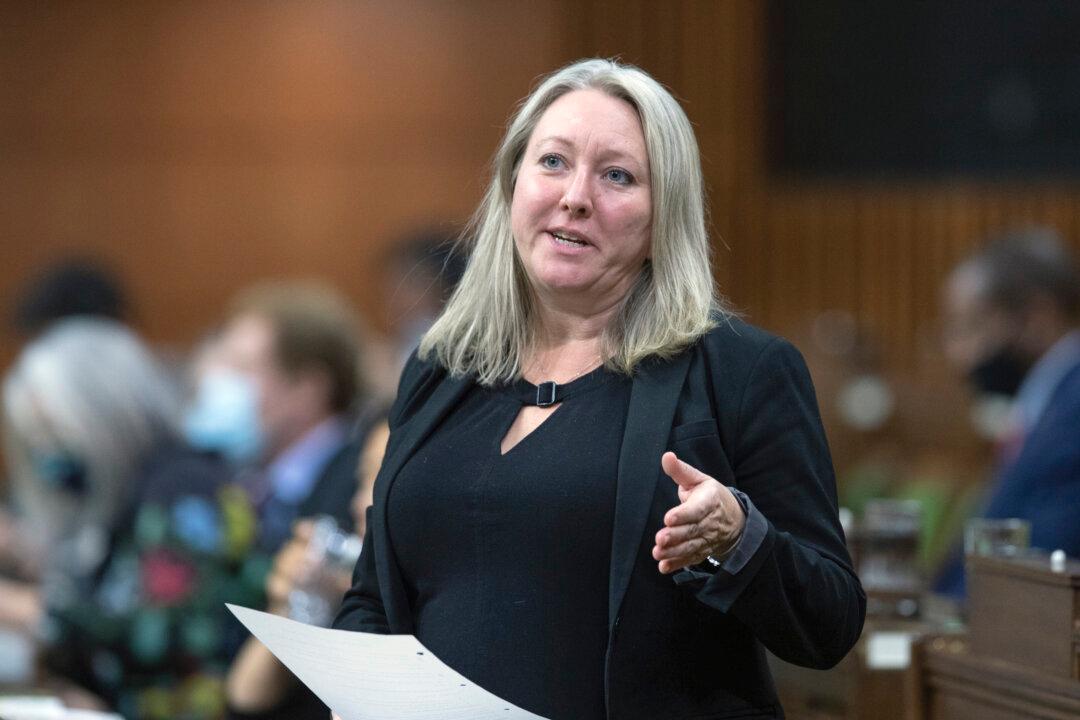Federal employees fluent in one or more indigenous dialects will not receive a language bonus, said Treasury Board President Mona Fortier.
Currently, federal employees who are fluent in both English and French—Canada’s official languages—receive a “bilingualism bonus“ worth $800 annually.





